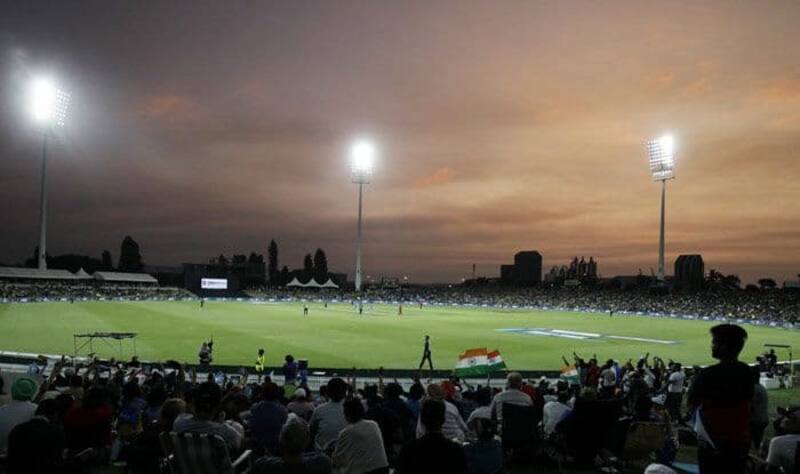
Cricket Country Staff
Editorial team of CricketCountry.
Written by Cricket Country Staff
Published: May 22, 2020, 09:52 AM (IST)
Edited: May 22, 2020, 09:52 AM (IST)

India may tour South Africa in August for a T20I series and the country’s cricket board is planning for a bio-bubble model to tackle the coronavirus pandemic which is expected to be at its peak during that period.
As part of bio-bubble model, a venue should be capable of housing around 350 people that include players, broadcasters, media and other staff at the site or at a nearby location. There has to be a 171-room hotel at the venue and another with 176 rooms adjacent to it.
The model, if implemented, would help maximise the playing days should India tour in August as they would otherwise have to be placed in mandatory quarantine for two weeks at both arrival and departure.
“We probably will see the peak (of Covid-19 in South Africa) in August or September in different parts of the country, so we have just got to keep looking at the models and see what happens in August,” CSA Chief Medical Officer Dr. Shuaib Manjra said in a Zoom media conference on Thursday.
“Probably the three T20 games with India, if it does take place, is an ideal opportunity to create this bubble, because we don’t envisage that at that time there will be spectators around in the ground, so we can create a bio-bubble and play the games in that bio-bubble,” he added.
However, the tour getting a green signal depends on the coronavirus situation in both India and South Africa.
“We cannot cast anything in stone. We’ve also got to look at where India is going in terms Covid-19. (Our) Government is also looking at it and we have to take our directive from (them),” Manjra said.
CSA chief executive Jacques Faul on Thursday had revealed that BCCI is willing to play three T20Is in South Africa in August end.
This website uses cookies so that we can provide you with the best user experience possible. Cookie information is stored in your browser and performs functions such as recognising you when you return to our website and helping our team to understand which sections of the website you find most interesting and useful.
Strictly Necessary Cookie should be enabled at all times so that we can save your preferences for cookie settings.
If you disable this cookie, we will not be able to save your preferences. This means that every time you visit this website you will need to enable or disable cookies again.
